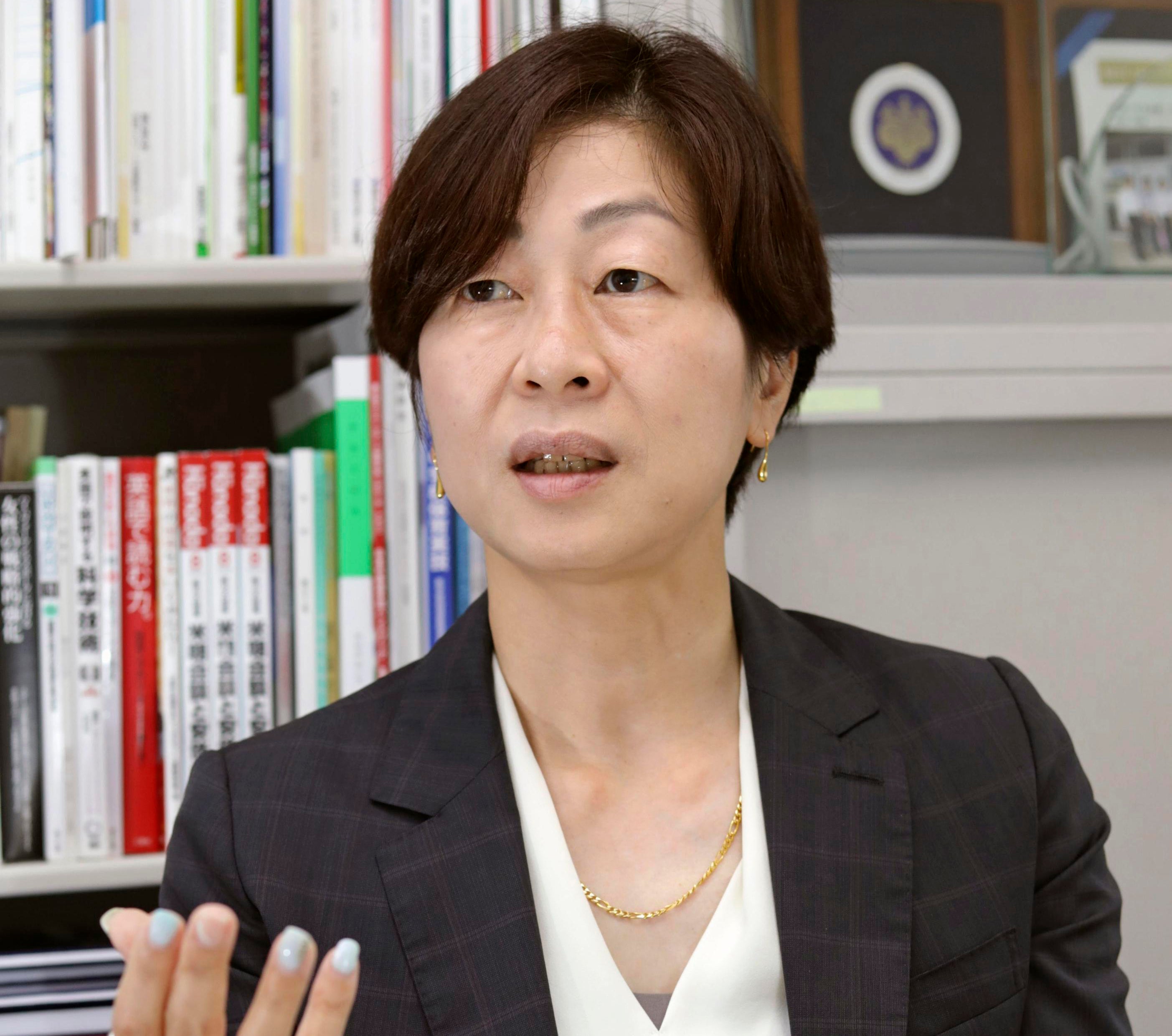Olympian Yamaguchi says Japan 'cornered' into holding games
One of Japan’s best-known Olympians and an executive board member of the Japanese Olympic Committee says Tokyo has been “cornered” into holding the games during the COVID-19 pandemic

Your support helps us to tell the story
From reproductive rights to climate change to Big Tech, The Independent is on the ground when the story is developing. Whether it's investigating the financials of Elon Musk's pro-Trump PAC or producing our latest documentary, 'The A Word', which shines a light on the American women fighting for reproductive rights, we know how important it is to parse out the facts from the messaging.
At such a critical moment in US history, we need reporters on the ground. Your donation allows us to keep sending journalists to speak to both sides of the story.
The Independent is trusted by Americans across the entire political spectrum. And unlike many other quality news outlets, we choose not to lock Americans out of our reporting and analysis with paywalls. We believe quality journalism should be available to everyone, paid for by those who can afford it.
Your support makes all the difference.One of Japan s best-known Olympians and an executive member of the Japanese Olympic Committee says Tokyo has been “cornered” into holding during the COVID-19 pandemic.
In an outspoken editorial published Friday, Kaori Yamaguchi said the International Olympic Committee the government and local organizers are ignoring widespread opposition to the Olympics from the Japanese public.
Depending on how the question is phrased in different polls, between 50-80% of Japanese oppose holding the Olympics.
“We have been cornered into a situation where we cannot even stop now. We are damned if we do, and damned if we do not,” Yamaguchi wrote in an editorial published by Japan's Kyodo news agency. “The IOC also seems to think that public opinion in Japan is not important.”
Yamaguchi won an Olympic bronze medal in judo in the 1988 Olympics and is also a former world champion. She teaches at the University of Tsukuba.
“What will these Olympics be for, and for whom?" she asked. "The games have already lost meaning and are being held just for the sake of them. I believe we have already missed the opportunity to cancel."
Japan has officially spent $15.4 billion to organize the Tokyo Olympics, and government audits say it may be twice that.
In addition, the Switzerland-based IOC derives almost 75% of its income from selling broadcast rights. Its income has been stalled since the one-year postponement of the Tokyo Olympics, and estimates suggest it could lose $3 billion-$4 billion in broadcast income if these games were canceled.
Fans from abroad have already been banned, and a decision on local fans is expected later this month. Many signs point to Japanese fans also being banned.
The IOC's plan is to get 15,000 Olympic and Paralympic athletes from more than 200 countries and territories into Tokyo, sequester them in a bubble at the Olympic Village, let them compete and then get them out of Japan within two days of their finish.
Tens of thousands of others will also enter: coaches, judges, officials, broadcasters, media, and members of the so-called Olympic Family.
Despite the public saying “no,” everything suggests the Olympics are a “go."
Senior IOC member Richard Pound said last week it would take “Armageddon” to stop the games.
Dr. Shigeru Omi, a top medical adviser for the Japanese government and a former World Health Organization regional director, is putting Primer Minister Yoshihide Suga under increasing pressure to explain why the Olympics should take place.
Speaking in a parliamentary session on Thursday he said “holding the games in the middle of the pandemic is abnormal.” On Friday, also in parliament, he said holding the Olympics if there were still a state of emergency in place “should be avoided.”
IOC Vice President John Coates said several weeks ago that the Olympics would go ahead if there were a state of emergency.
Tokyo and several other prefectures are under a state of emergency until June 20.
“It is crucial that we must not let the Olympics trigger a flow of people," Omi said Friday.
Japan has attributed about 13,000 deaths to COVID-19, and less than 3% of the population has been fully vaccinated in a very slow rollout.
Kengo Sakurada, head of the association of corporate executives in Japan, said Thursday that no fans should be allowed to attend.
“Many people are feeling extremely uneasy about the safety of holding the Olympics,” he said.“ Even if the infections slowed, no fans should be the rule.”
___
Associated Press writer Mari Yamaguchi contributed to this report.
___
More AP Olympics: https://apnews.com/hub/olympic-games and https://twitter.com/AP_Sports